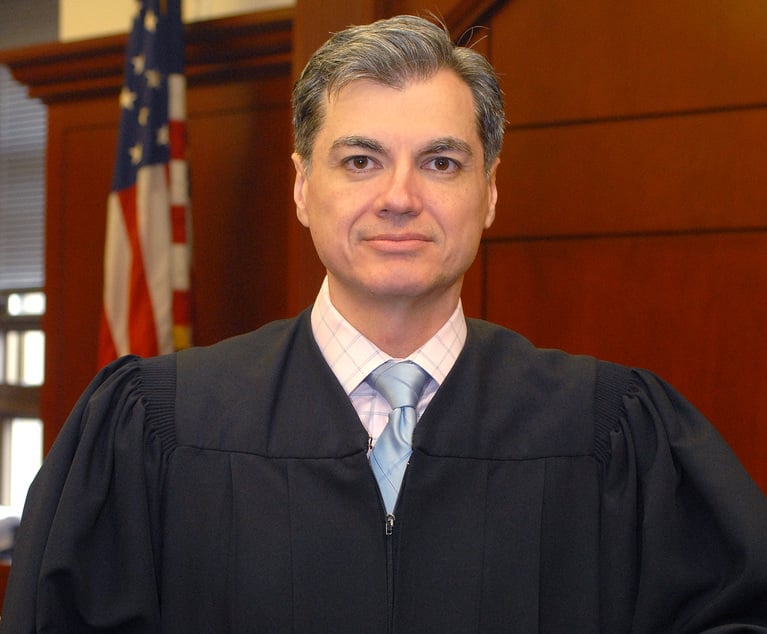Although parties often argue in favor of literal readings of statutes, and courts often accept such readings, courts may decline to read a statute literally where a literal reading would conflict with other accepted legal principles or policies. In Astraea NYC v. Rivada Networks, 592 F. Supp. 3d 181 (S.D.N.Y. 2022), U.S. District Judge Louis L. Stanton for the Southern District of New York recently declined to read two discovery statutes literally on the ground that such a reading would have conflicted with the policy underlying the attorney-client privilege: encouraging full and frank communications between attorneys and clients.
The plaintiff, Astraea NYC had previously arbitrated a dispute with the defendant, Rivada Networks. In the arbitration, Rivada was represented by Schulte Roth & Zabel. After prevailing in the arbitration, Astraea served an information subpoena on Schulte as part of its effort to enforce its judgment against Rivada. In serving the subpoena, Astraea relied on Federal Rule of Civil Procedure 69(a)(2) and N.Y. C.P.L.R. §5223, both of which allow discovery from “any person” to enforce judgments. Notwithstanding this broad language, Judge Stanton held that Schulte was not “any person” within the meaning of these statutes, and he based his holding on the need to safeguard the policy interests underlying the attorney-client privilege.


 Schulte Roth & Zabel offices in Washington, D.C.
Schulte Roth & Zabel offices in Washington, D.C.




